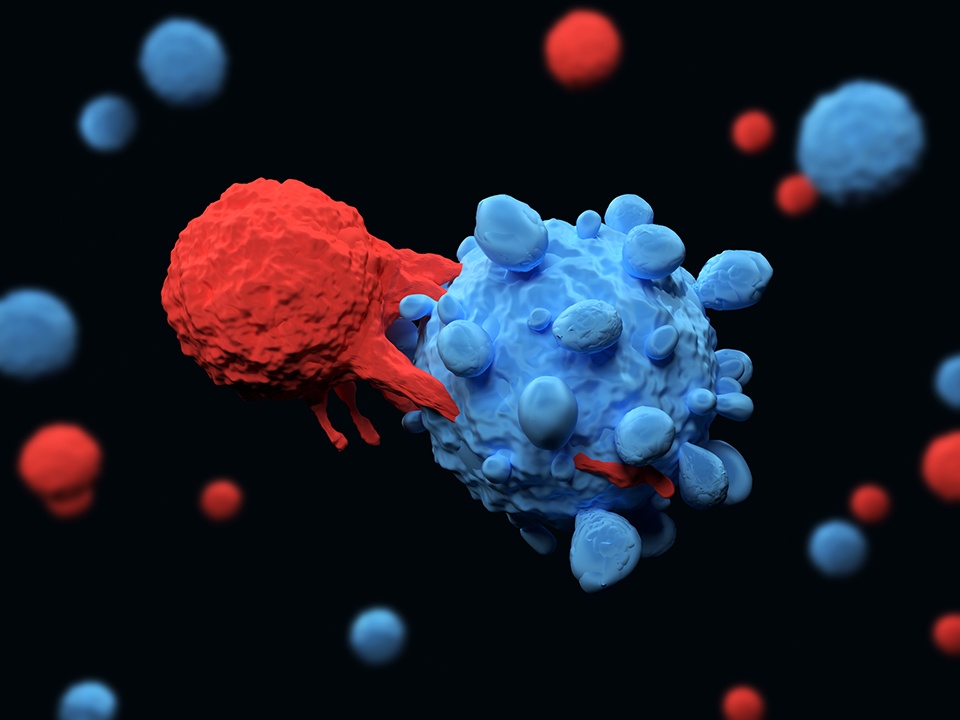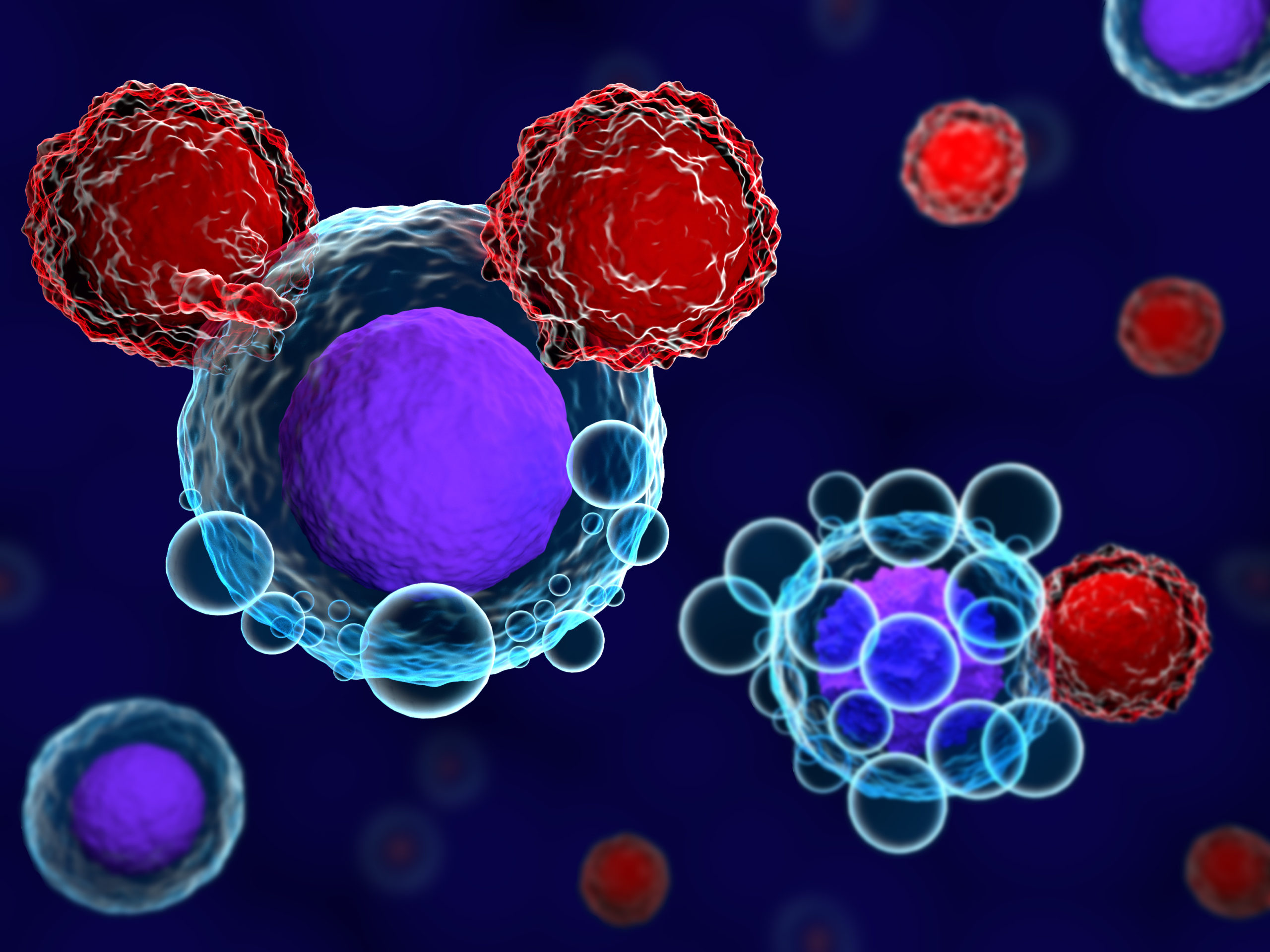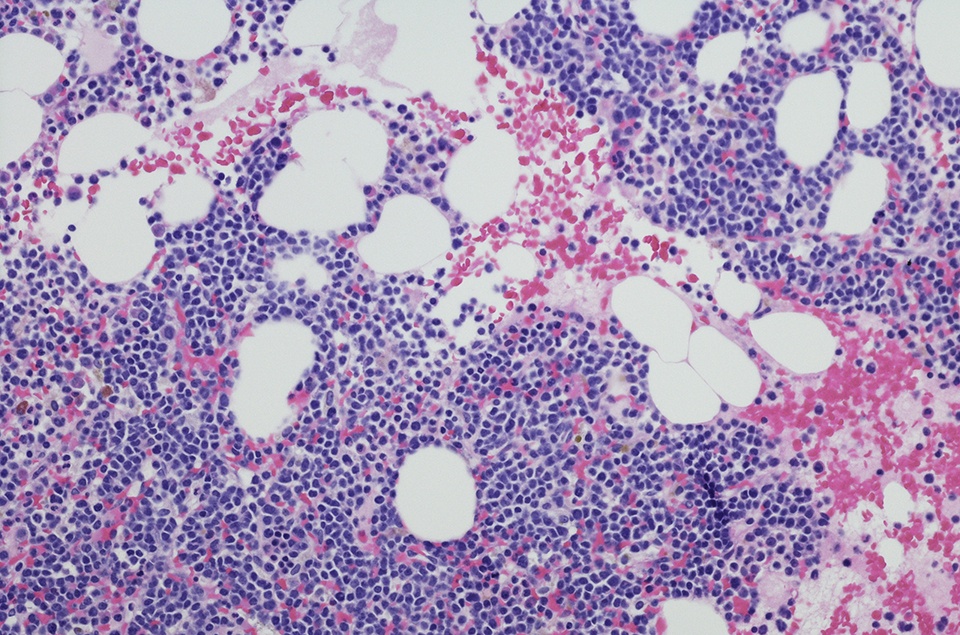
Prescribing chemotherapy is not a universal practice of advanced practice providers (APPs) in the oncology community, according to a poster presentation at the 2021 American Society of Hematology. Researchers shared the results of a survey focused on the scope of practice of APPs in oncology.
The survey was sent in January 2021 to 1,307 members of the Association of Physician Assistants in Oncology (APAO). The response rate was 11%. Of the respondents, 95% were physician assistants (PAs), 3% were nurse practitioners (NPs), and 1% were described as “other.” Most respondents (87%) worked in medical oncology, but some worked in surgical oncology (6%) or radiation oncology (1%).
A total of 44% of respondents reported that they were able to independently sign chemotherapy orders, while 56% did not independently sign chemotherapy orders.
Of those who could sign orders, 60% worked in academic oncology centers and 35% worked in community oncology centers. In addition, 23% were only allowed to sign existing chemotherapy plans that did not require modifications.
Only 35% of respondents could initiate and sign new chemotherapy orders. Instead, most (89%) could sign existing orders.
Of those respondents who could not prescribe chemotherapy, 74% worked in academic centers and 19% worked in a community practice. Most respondents reported no restrictions from the state medical board that would prohibit them from prescribing chemotherapy, while two-thirds reported that their institution or facility prohibited them from this practice.
“The need for oncology services will increase with the rise in cancer incidence and prevalence. As the rise continues, studies have shown oncology services will dramatically increase due to the predicted shortages of oncologists,” Dr. Christensen and colleagues wrote. “[Physician assistants and nurse practitioners] have validated their value by safely prescribing chemotherapy as they provide cancer care. This value has been key for both patient and physician colleagues.”







 © 2025 Mashup Media, LLC, a Formedics Property. All Rights Reserved.
© 2025 Mashup Media, LLC, a Formedics Property. All Rights Reserved.